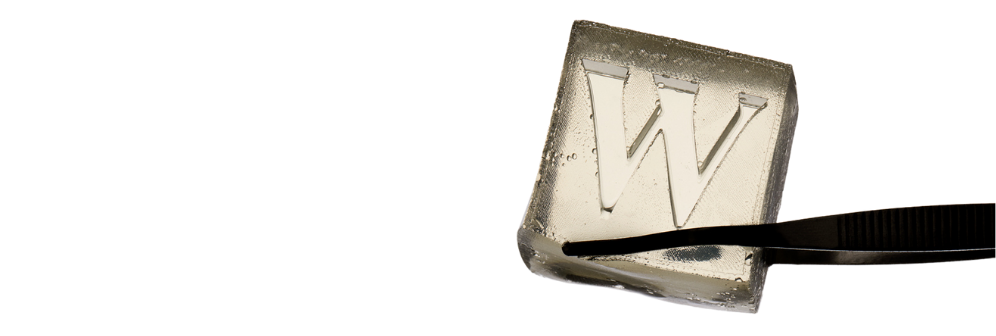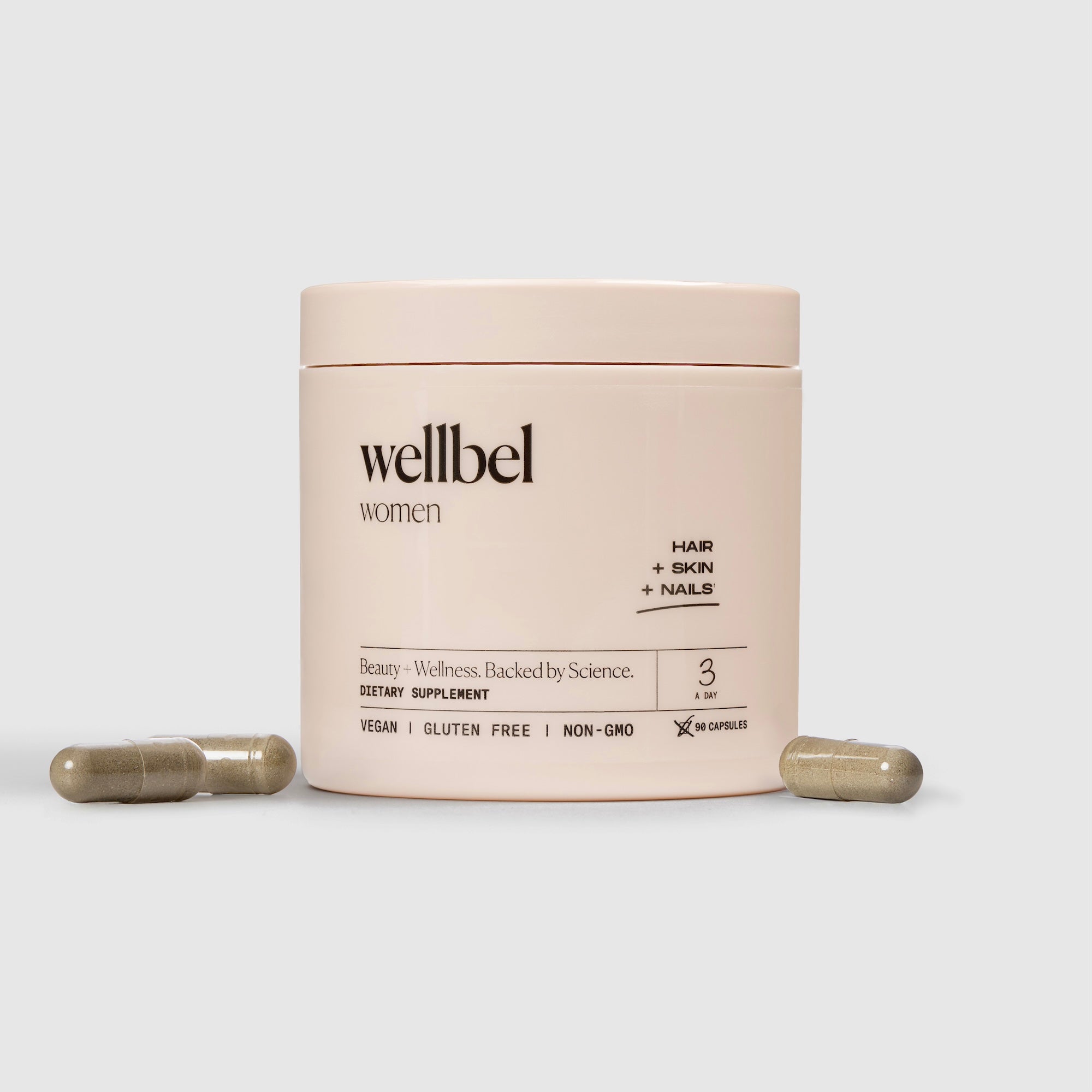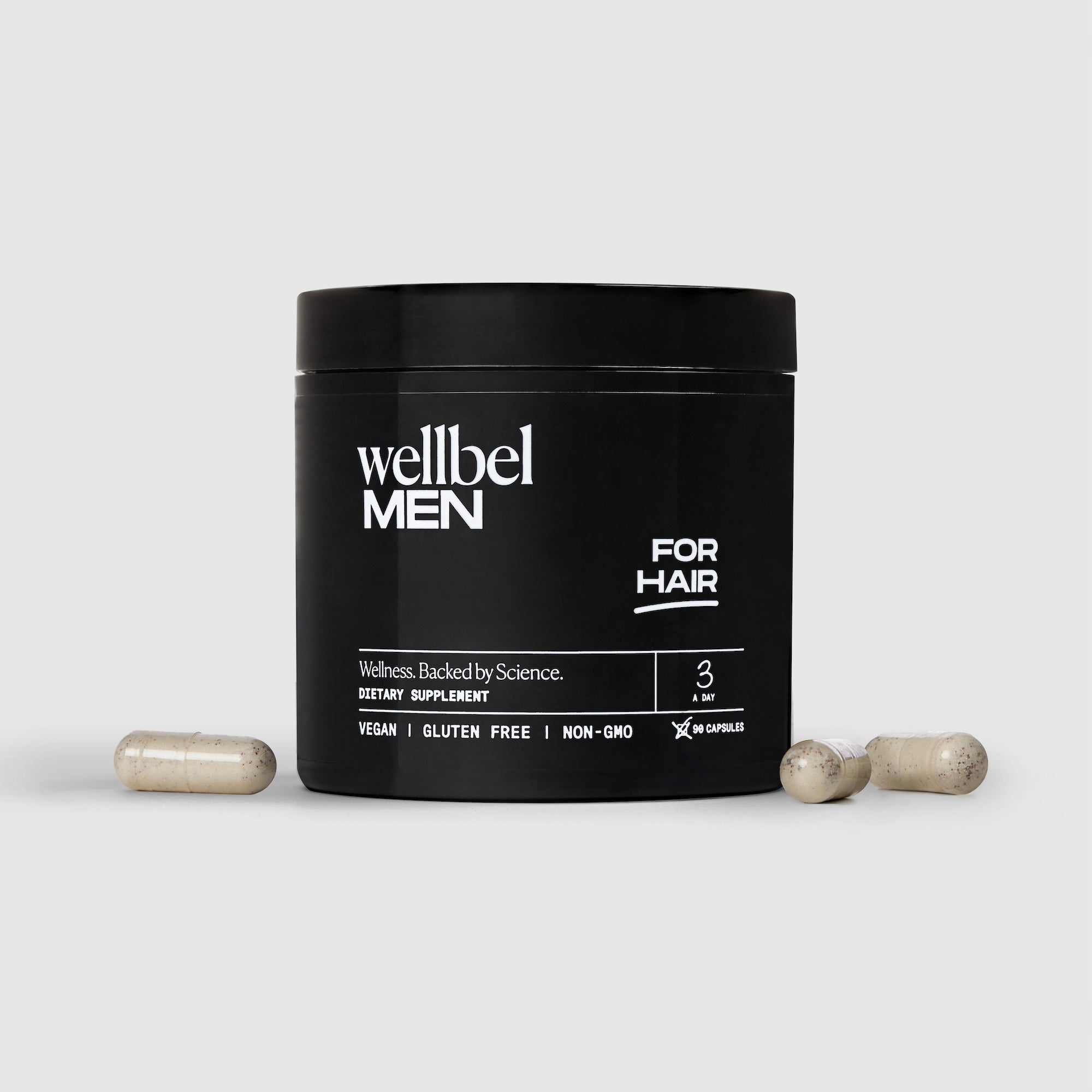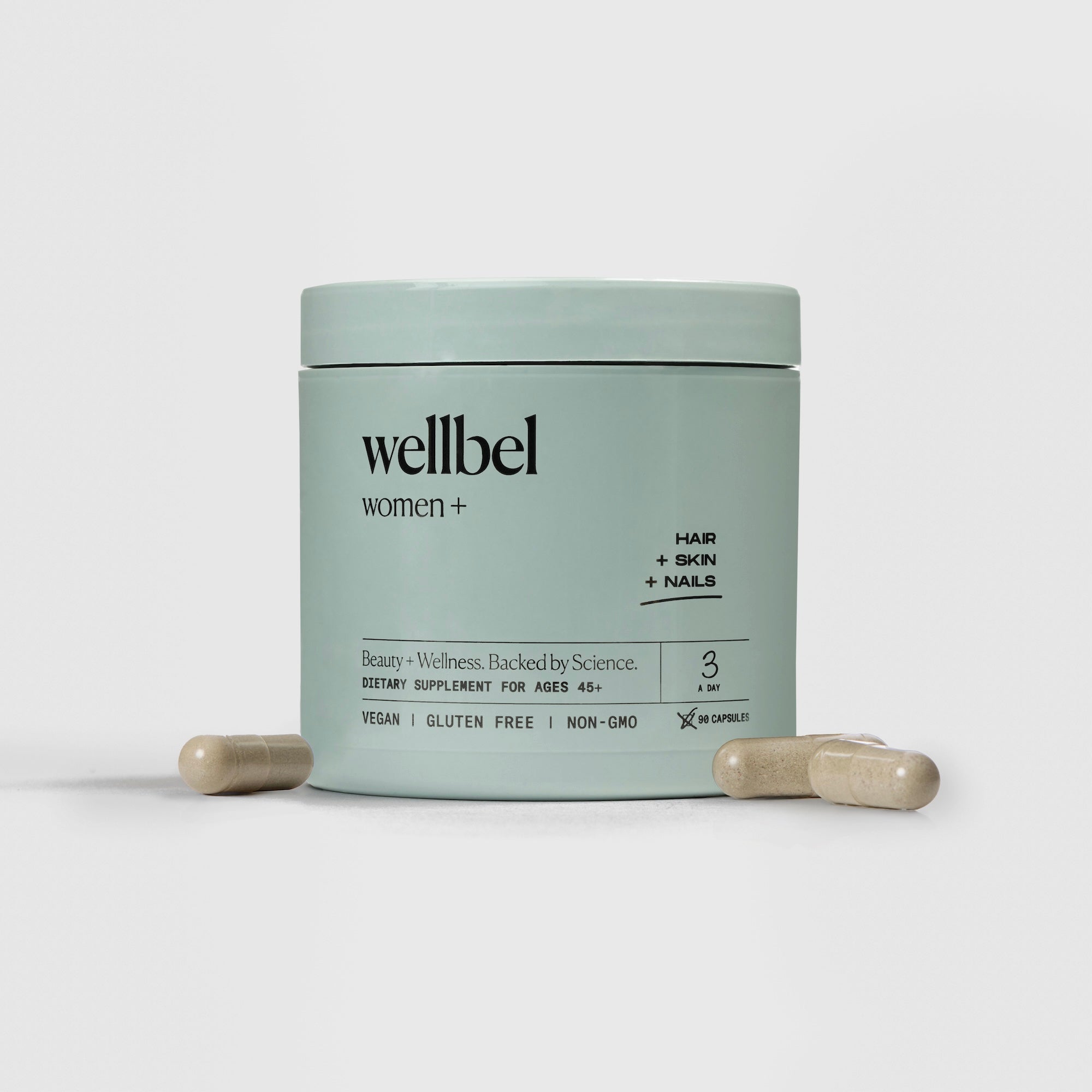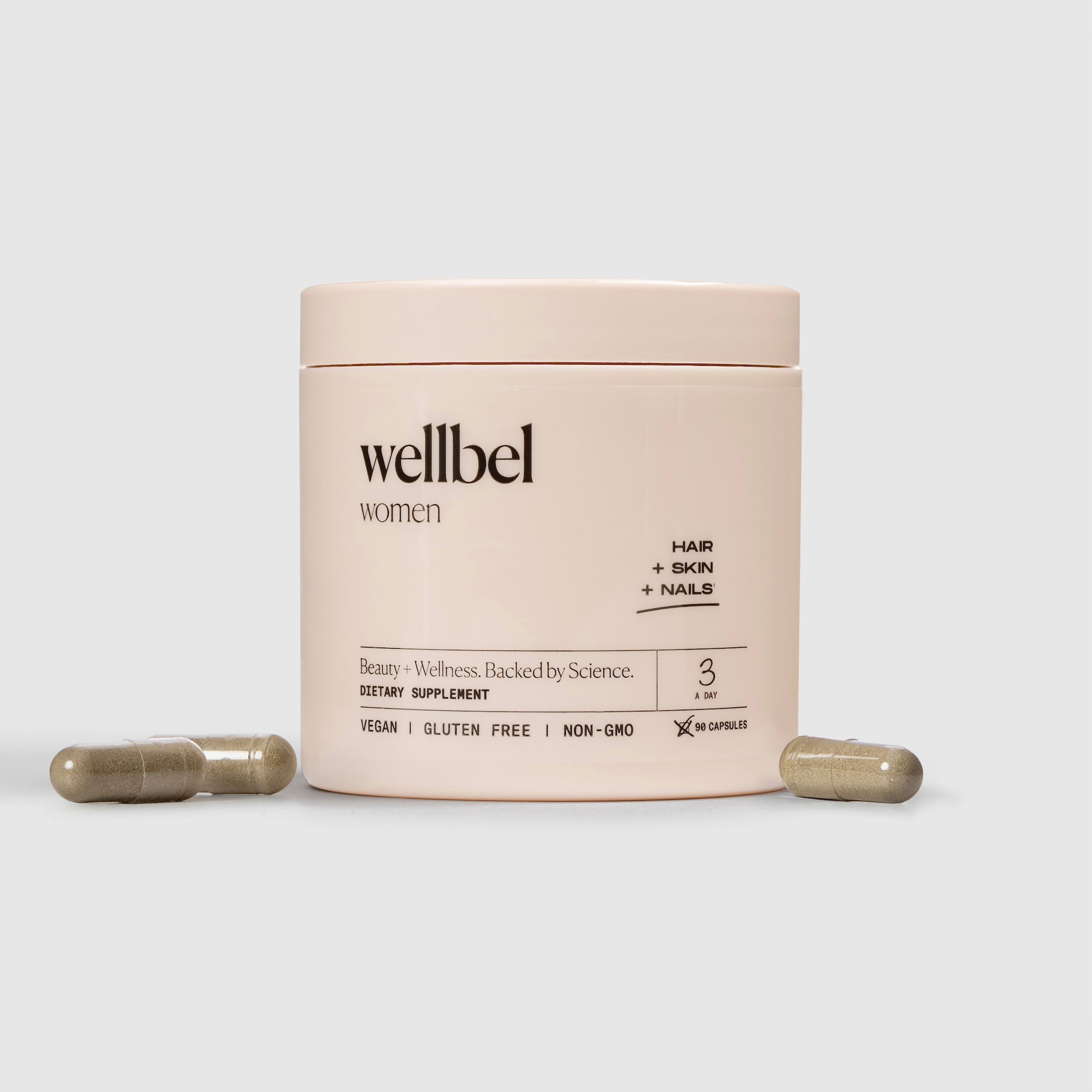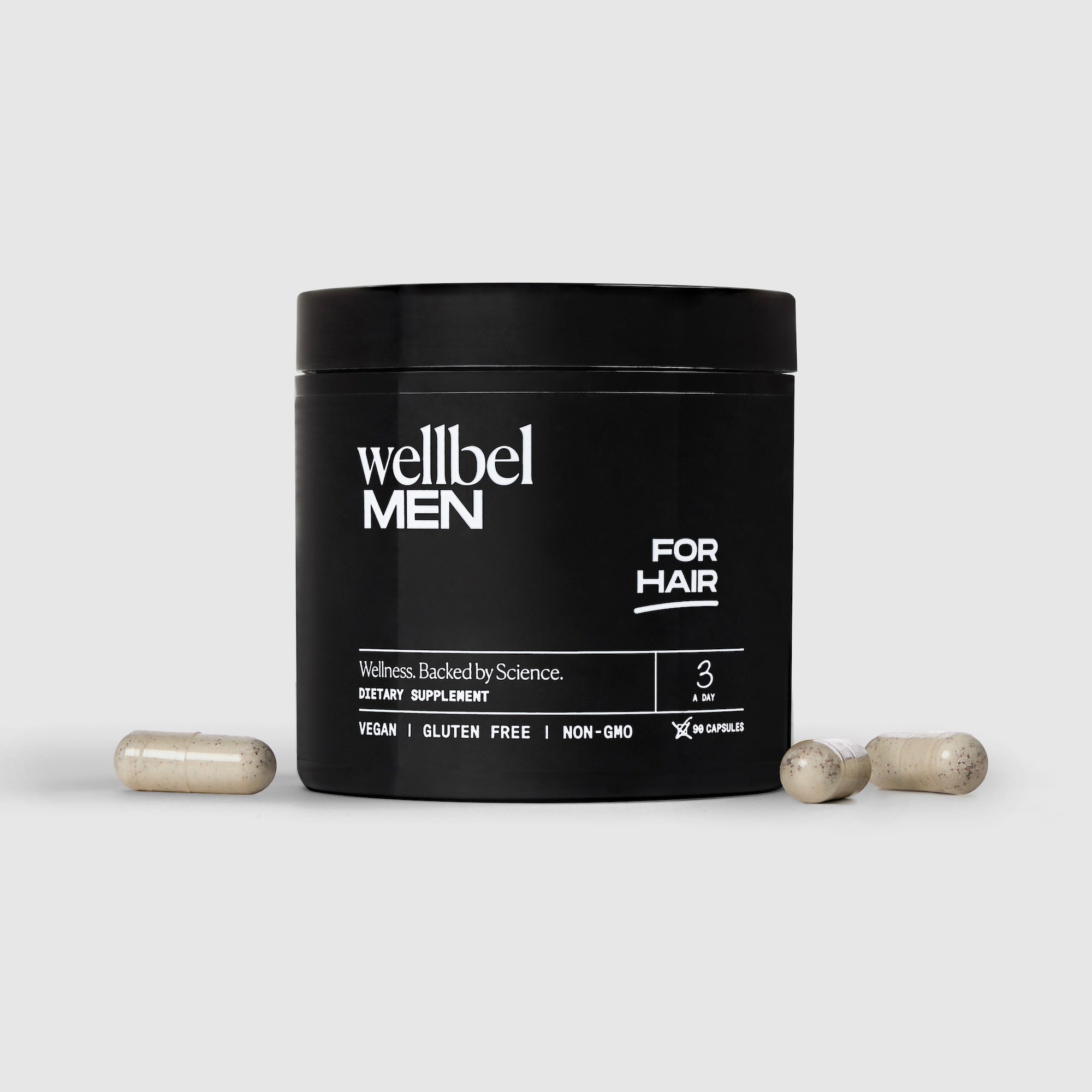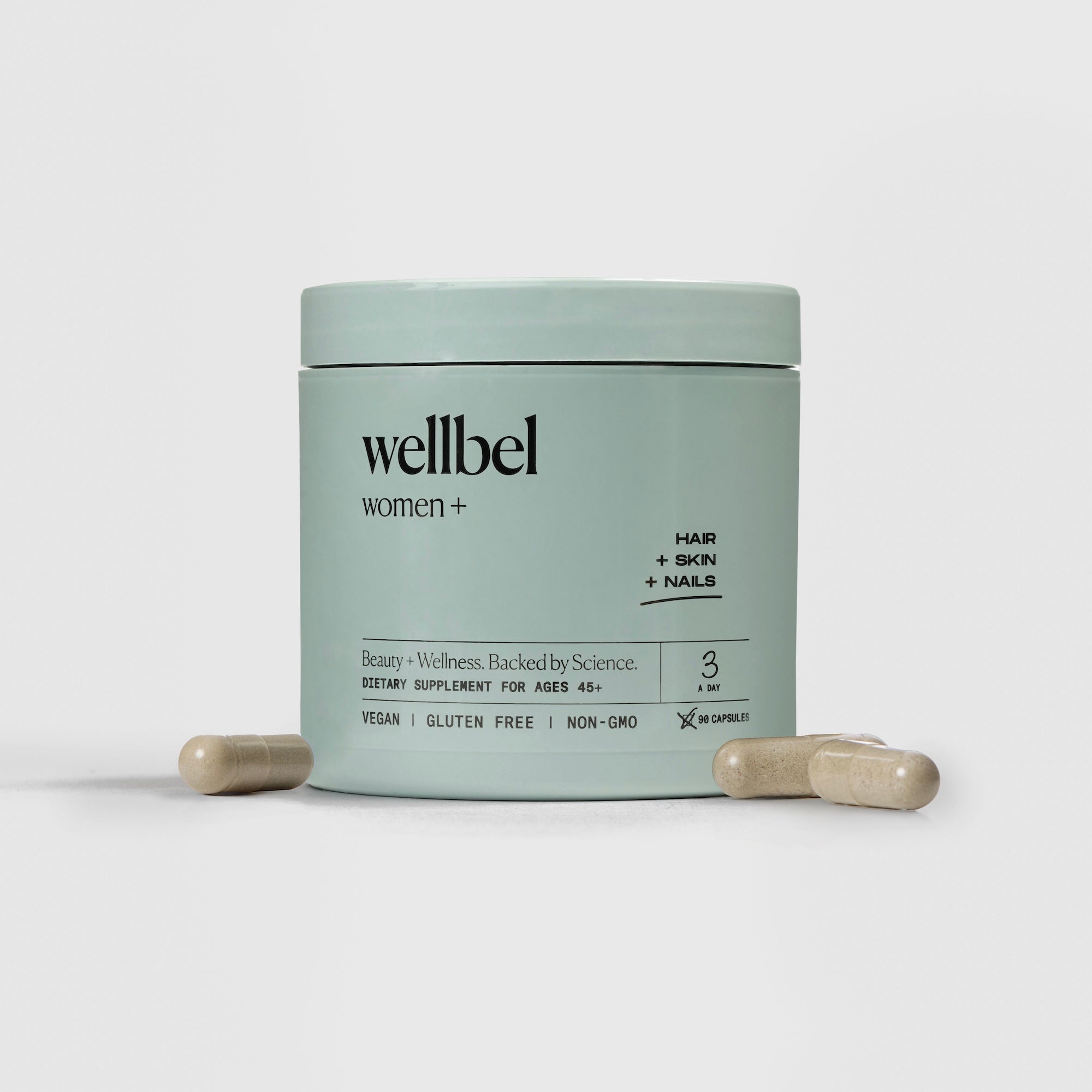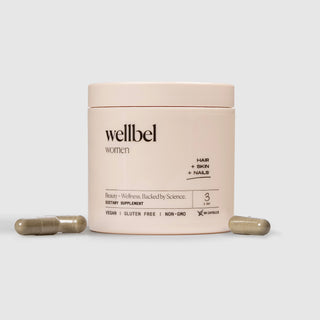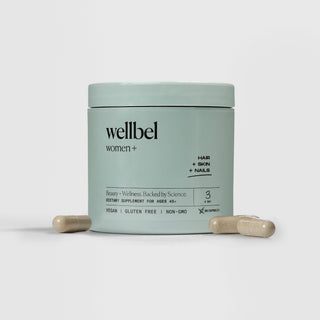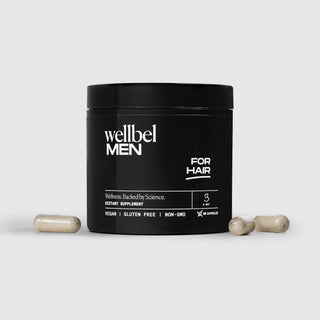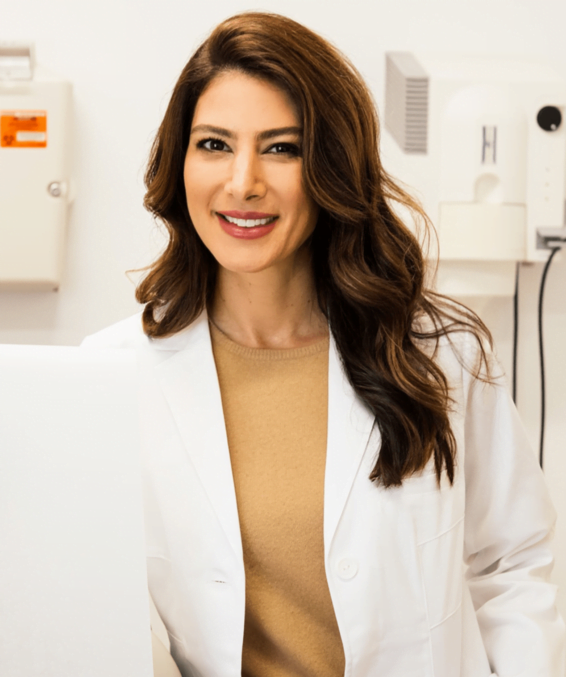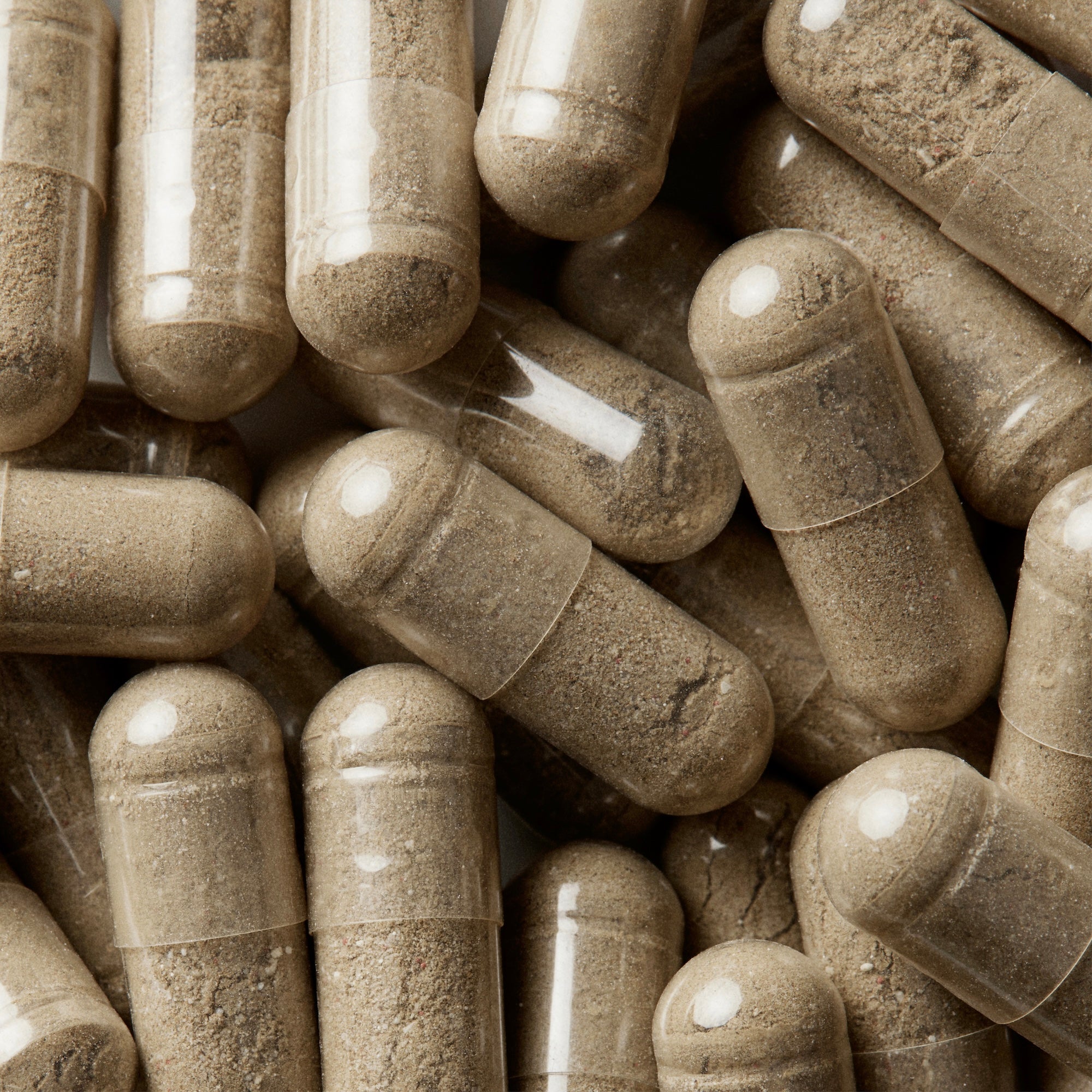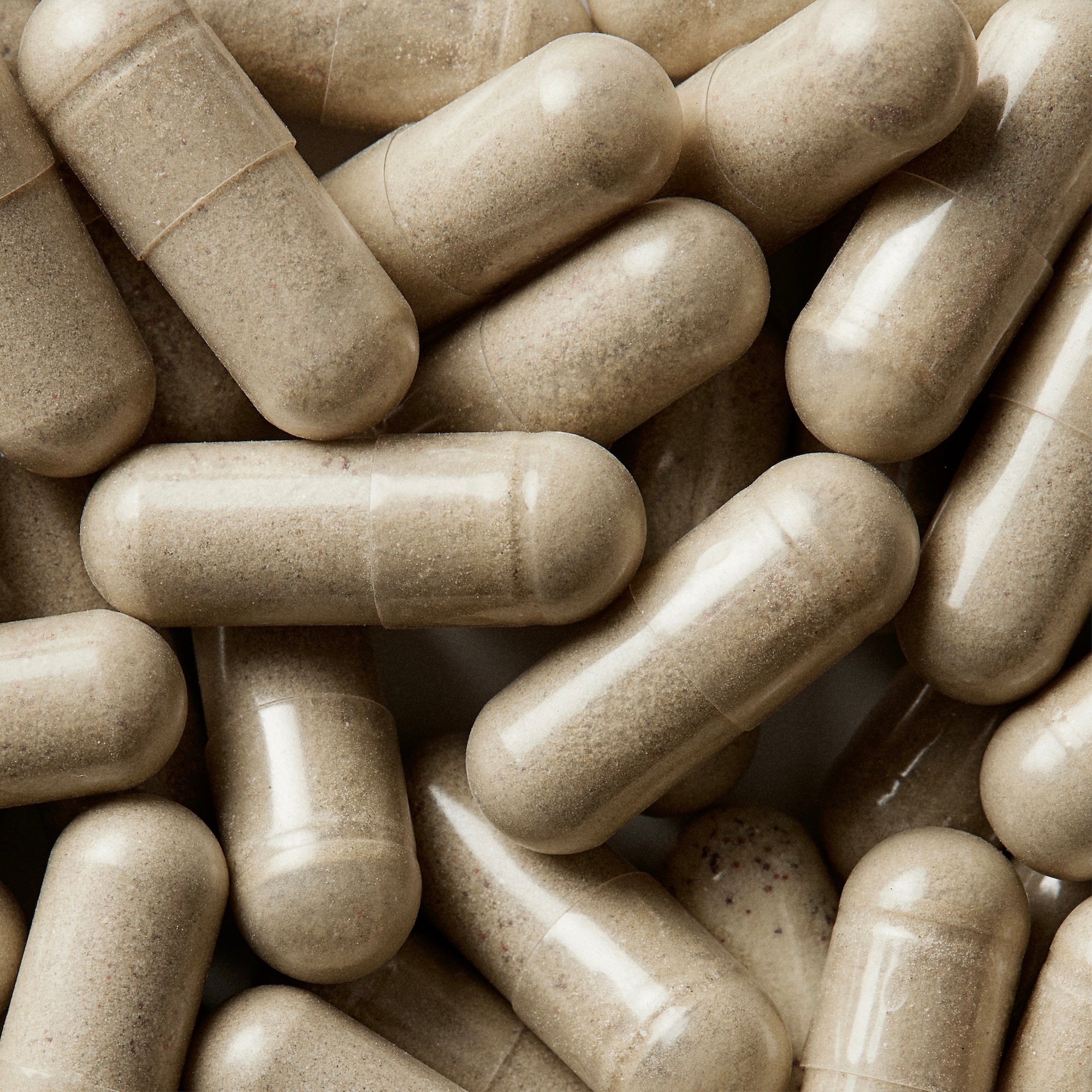The Best Nutrients for Hair Growth and How to Get More of Them
From MSM to vitamin D, dermatologist Dr. Claire Wolinsky explains the top nutrients that support hair growth, where to find them in food, and when supplements can help fill the gaps.
Why Nutrients Matter for Hair Growth
As a dermatologist, I often remind my patients that hair isn’t just about appearance. It’s a reflection of overall health. When your body is low on essential vitamins or minerals, it prioritizes your vital organs first, not your hair. Growth slows, shedding increases, and strands may become weaker. That’s why nourishing your body with the right nutrients is a cornerstone of supporting healthy, resilient hair.
The Top Nutrients for Hair Growth (and Where to Find Them)
MSM (Methylsulfonylmethane)
Why it matters: MSM provides sulfur, a building block of keratin, the protein that makes up hair. Research suggests MSM may also lengthen the growth phase of hair, promoting thicker, fuller strands.
Food sources: Broccoli, kale, Brussels sprouts, onions.
When to supplement: Cooking reduces sulfur levels in food, making supplementation the most consistent way to maintain adequate intake.
Vitamin D
Why it matters: Low vitamin D is one of the most common findings in patients with hair thinning. Vitamin D activates hair follicles and keeps the growth cycle moving. Without enough, shedding often worsens.
Food sources: Fatty fish, fortified foods, sunlight.
When to supplement: If you live in northern climates, spend little time outdoors, or always wear sunscreen, supplementation is usually needed.
Methylated Folate (Active B9)
Why it matters: Folate supports DNA synthesis and cell turnover, processes that are critical for rapidly dividing hair follicle cells. The methylated form is easier for the body to absorb and use.
Food sources: Dark leafy greens, lentils, avocados.
When to supplement: If you carry genetic variations like MTHFR, folic acid may not be well utilized, making methylated folate the smarter option.
Zinc
Why it matters: Zinc regulates scalp oil glands and supports tissue repair. Deficiency can show up as shedding, breakage, or slow regrowth.
Food sources: Oysters, pumpkin seeds, chickpeas.
When to supplement: Plant-based eaters often benefit from supplementation since plant forms of zinc are less bioavailable.
Biotin (Vitamin B7)
Why it matters: Biotin is often associated with hair health because of its role in keratin production and energy metabolism. While true deficiencies are rare, they can cause brittle nails, rashes, and hair thinning.
Food sources: Eggs, salmon, almonds, sweet potatoes.
When to supplement: If your diet lacks biotin-rich foods, moderate supplementation can help. But taking more than 1000 mcg daily is unnecessary and can create problems. High doses have been linked to acne breakouts, stomach discomfort, and interference with important lab tests like thyroid or cardiac monitoring. The key is balance, not excess.
Betaine HCl
Why it matters: Betaine HCl isn’t a nutrient in the traditional sense. It’s a digestive support. But its role is vital. By restoring healthy stomach acid levels, it improves protein and nutrient absorption. Since keratin is a protein and hair relies on amino acids and minerals for growth, proper digestion is a critical and often overlooked step.
Food sources: Beets, spinach, whole grains.
When to supplement: Digestive strength often declines with age, and supplementation helps ensure your body fully absorbs the nutrients you consume.
Why Form and Absorption Matter
The most common frustration I hear from patients is: “I tried supplements, but they didn’t work.” Often, the issue isn’t the nutrients themselves. It’s the form. Methylated folate is far more effective than folic acid. Chelated minerals are easier to absorb. Supportive compounds like betaine HCl ensure your body actually benefits from the nutrients you take in.
Why Wellbel Nutrients Stand Apart
What makes Wellbel unique is its simplicity and precision. The formula was physician-formulated by Dr. Dan Yadegar with a focus on clinical effectiveness, not marketing fluff. Each ingredient is included in a form that the body can truly use, and in amounts that are safe and meaningful.
Unlike many products that pack in dozens of unnecessary add-ins, Wellbel takes a minimalist approach. Just a few carefully chosen ingredients, each with true nutritional value. Nothing extra, nothing wasted. The formula is also 100% vegan, free of fillers, and designed with absorption in mind.
From my perspective as a dermatologist, that kind of restraint is exactly what supports consistent, long-term results.
Bottom Line
Healthy hair starts with overall wellness. While diet is the foundation, supplementation can fill in the gaps most people face daily. By choosing the right nutrients delivered in bioavailable forms, supported by digestion, you create the internal environment your follicles need to thrive.
